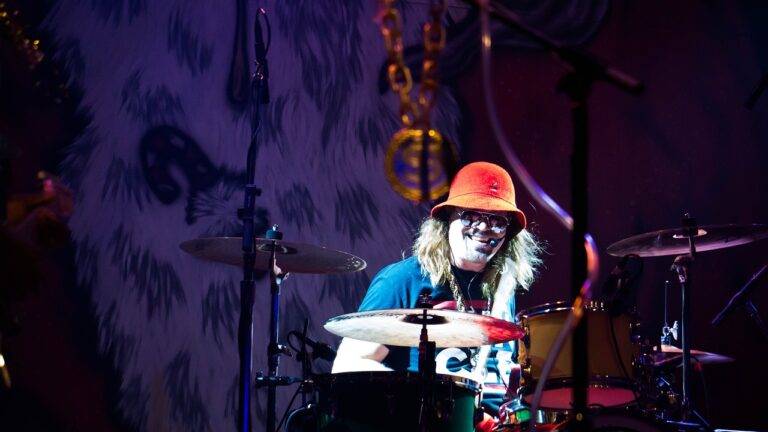Exploring the World of Animated TV Series: Success and Impact
The origin of animated TV series can be traced back to the early 20th century, with pioneers like Walt Disney and Max Fleischer producing popular animated shorts. These short films laid the foundation for the development of longer animated series that would captivate audiences for decades to come.
As television technology advanced, so did the production and popularity of animated TV series. The 1960s saw an explosion of animated shows such as “The Flintstones” and “The Jetsons,” which introduced innovative storytelling and animation techniques to a growing audience of viewers. Over the years, animated TV series have continued to evolve, becoming an integral part of popular culture and captivating generations of fans with their unique blend of humor, creativity, and imagination.
The Evolution of Animation Techniques
In the early days of animated TV series, simplistic techniques like hand-drawn animation were the norm. Artists painstakingly sketched each frame by hand to bring characters and scenes to life. As technology advanced, new methods such as cel animation and stop-motion animation emerged, allowing for smoother movements and more intricate details in the animations.
With the advent of computer-generated imagery (CGI), animators were able to create visually stunning and realistic worlds in animated TV series. This marked a significant shift in animation techniques, providing endless possibilities for storytelling and visual effects. Today, a combination of traditional and digital techniques are often used to create the vibrant and dynamic animated TV series that captivate audiences around the world.
The Influence of Animated TV Series on Pop Culture
Animated TV series have undeniably left a lasting impact on popular culture across the globe. Through memorable characters, captivating storylines, and stunning visuals, animated shows have managed to capture the hearts of audiences of all ages. These series have not only provided entertainment but have also sparked societal discussions, influenced fashion trends, and even inspired the creation of fan art and fanfiction.
Moreover, animated TV series have played a significant role in shaping the way we consume media and interact with technology. From iconic theme songs that have become embedded in our collective memory to merchandise that allows fans to bring their favorite characters into their daily lives, the influence of animated shows on pop culture is undeniable. The rise of streaming platforms has further amplified the impact of animated series, allowing fans to binge-watch their favorite shows and connect with fellow enthusiasts in online communities.
• Animated TV series have sparked societal discussions on important issues
• They have influenced fashion trends through character outfits and styles
• Fan art and fanfiction inspired by animated shows have become popular among fans
Moreover, animated TV series have played a significant role in shaping the way we consume media and interact with technology. From iconic theme songs that have become embedded in our collective memory to merchandise that allows fans to bring their favorite characters into their daily lives, the influence of animated shows on pop culture is undeniable. The rise of streaming platforms has further amplified the impact of animated series, allowing fans to binge-watch their favorite shows and connect with fellow enthusiasts in online communities.
How have animated TV series evolved over time?
Animated TV series have evolved from simple hand-drawn animations to more sophisticated techniques like computer-generated imagery (CGI) and 3D animation.
What impact have animated TV series had on pop culture?
Animated TV series have had a significant impact on pop culture by shaping trends, influencing fashion, and introducing iconic characters that have become cultural symbols.
Can you provide examples of popular animated TV series that have had a lasting impact on pop culture?
Some examples of animated TV series that have had a lasting impact on pop culture include “The Simpsons,” “SpongeBob SquarePants,” and “Pokemon.”
How has the influence of animated TV series on pop culture changed over the years?
The influence of animated TV series on pop culture has grown over the years as the medium has become more mainstream and accessible to a wider audience.
Are there any negative effects of the influence of animated TV series on pop culture?
While animated TV series have had a largely positive impact on pop culture, some critics argue that they can perpetuate stereotypes and promote consumerism.





